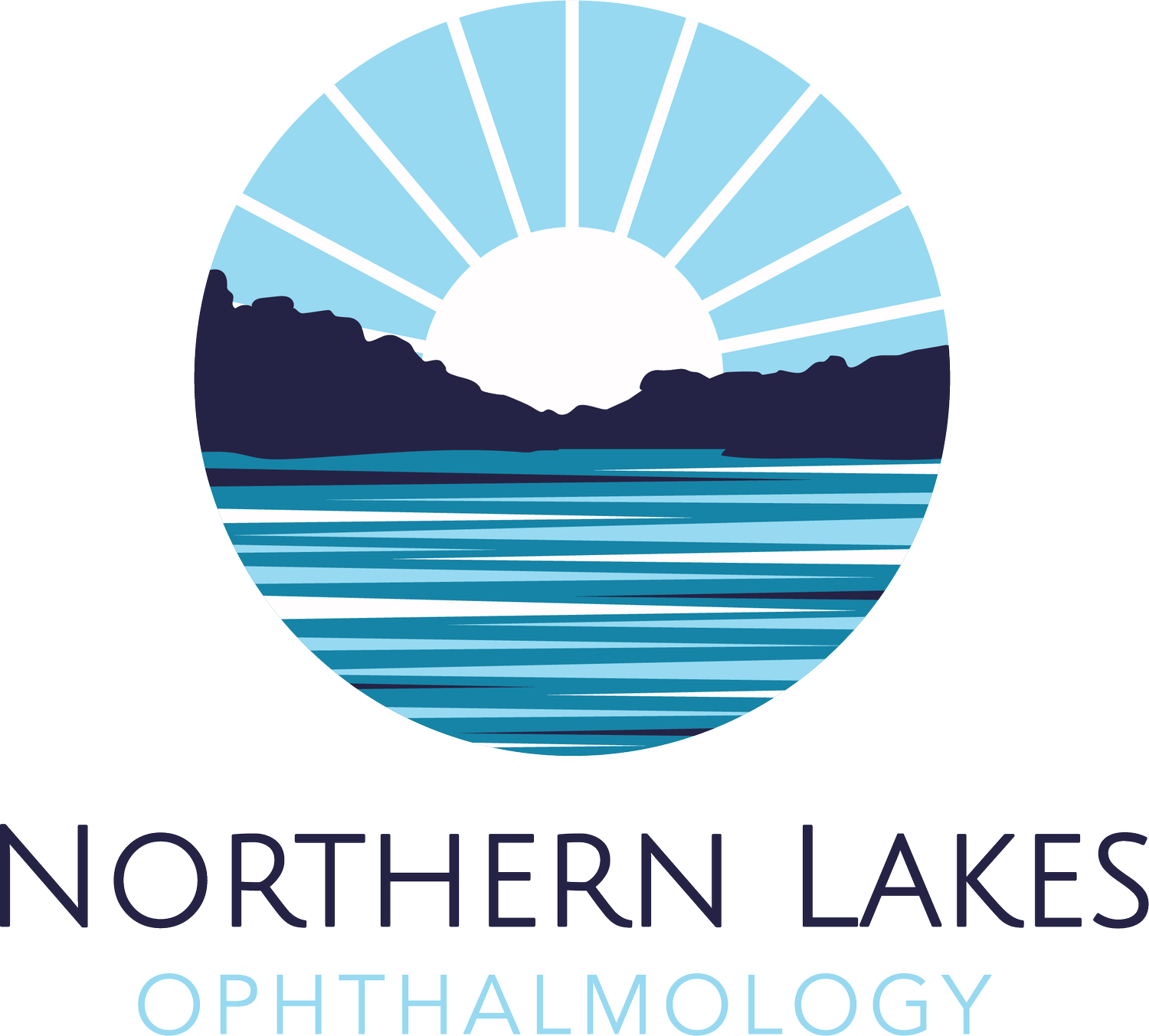What is the difference between an Ophthalmologist and an Optometrist? Does it matter who I see?
This is a great question and one that we are asked often.
Ophthalmologists and optometrists are two different types of eye care providers, and both are committed to helping you maintain healthy eyes and excellent vision. However, there are key differences you should be aware of, which may help you decide which type of provider is best for your needs.
Ophthalmologists are medical doctors (M.D.) who complete 4 years of undergraduate training to obtain a bachelor’s degree, followed by the same 4 years of medical school that all medical doctors complete before obtaining their M.D. degree. They then complete a 1 year medical/surgical internship (usually in a major medical center) where they work alongside a variety of other interns to provide inpatient and outpatient care to patients with wide-ranging medical conditions. Following the internship, your ophthalmologist completes at least 3 years of additional ophthalmology-specific medical and surgical training to develop expertise in managing all conditions and diseases of the eye. Although your ophthalmologist is qualified to treat serious eye conditions and perform a wide range of eye surgeries, they also enjoy helping patients through more routine exams for glasses or contact lenses. Common conditions that people see an ophthalmologist for include but are not limited to cataracts, dry eye, LASIK, glaucoma, diabetic eye disease, macular degeneration, blurry vision, glasses, contacts, retinal tears and detachments, floaters, pink eye, traumatic injuries, double vision, eye pain, red eye, or infections.
Optometrists are also well-qualified eye care providers, and they obtain a Doctorate of Optometry degree (O.D.) rather than a medical degree. Education for an optometrist begins with a 4-year college degree, typically in a science-based concentration. From there, they complete 4 years of training at an optometry school. They frequently perform comprehensive eye examinations for glasses and contact lenses and sometimes manage non-surgical issues of the eyes. If your optometrist feels there is an issue with your ocular health that requires surgery, they will refer you to an ophthalmologist for surgical care. Following surgery, your optometrist (O.D.) may play a role in postoperative care and work as a team with your ophthalmologist (M.D.).
We would be happy to take your call anytime and discuss which type of provider might be best for you!

